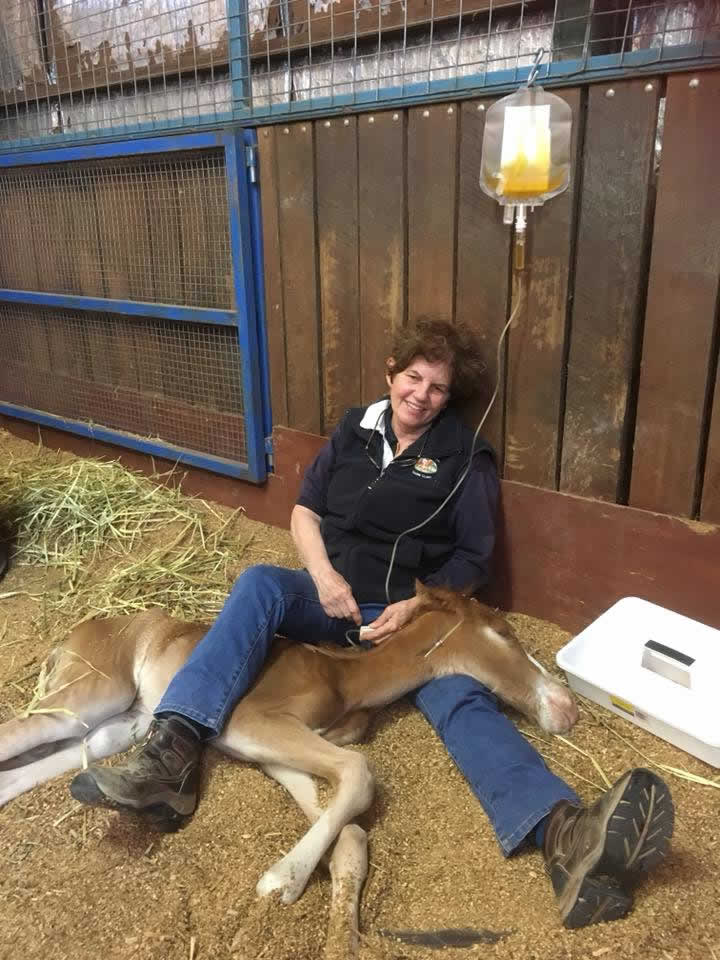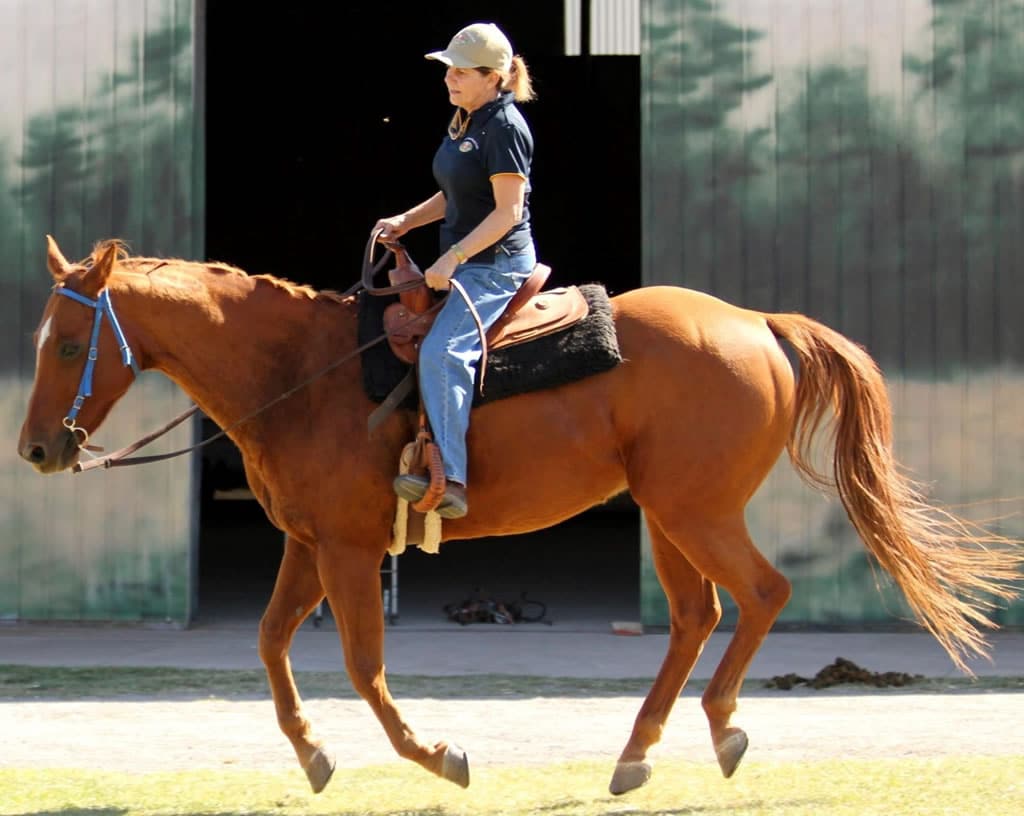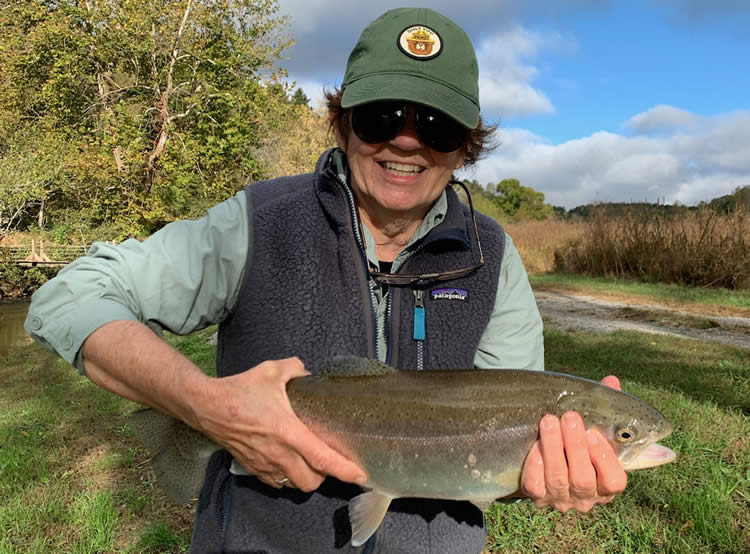If you are in the equine breeding industry, you’ve probably heard about the importance of colostrum in the first few hours of a foal’s life. It’s one of the well-known caveats of breeding horses, that foals do not get immunoglobulins or antibodies through the placenta to fight infections. They get most of the critical infection-fighting immunoglobulins through the first milk or colostrum. Foals have a narrow window of time in which they can receive immunoglobulins through the intestines following birth.
The mare produces antibodies, and they congregate in the milk just prior to parturition. Most foals drink within the first hour or two after birth, but if they don’t, then it’s essential that through various means the foal receive an adequate amount of colostrum and that the antibodies in that colostrum are absorbed through the gastrointestinal system usually by twelve hours. The range is 12-24 hours, but once the foal takes on oral nourishment, the screen door that allows large molecules to enter closes down.
When things go bad: Reasons for failure of passive transfer.
- The mare leaks milk for days to weeks before foaling and loses the antibodies in the milk.
(Hint the milk becomes thin and white. Good colostrum can look like honey.) - The mare doesn’t produce antibodies.
- The mare doesn’t allow the foal to nurse.
- The foal is too weak or is a “dummy” (see our last blog post of dummy foals).
- The foal gets the antibodies but doesn’t absorb them.
The worst is when the mare has antibodies to the foal’s blood and the antibodies attack the red blood cells and cause them to “explode.” This is called neonatal isoerythrolysis (NI). It is like Rh factor in humans. Yeah, it’s kind of a miracle that most of the time it goes perfectly well.
Don’t rely on mother nature.
Get your foal tested. There are many tests to ensure your foal gets adequate immunoglobulins.
IgG testing
The absorption of antibodies can be measured in blood tests, which is usually performed 12 to 24 hours after the foal is born. There are many different tests and some are stall-side. If the foal is deficient, oral supplementation often cannot give the foal adequate protection.
I strongly suggest that if you have any concerns, such as your mare leaked milk for days before parturition, or the mare won’t allow the foal to nurse, or the foal can’t find the teat for hours, call your vet. He or she is best suited to help with all aspects. They can milk the mare, tube the foal, and they may have a colostrum bank, but if all is going well, they can test the blood to get a ballpark idea if supplementation is necessary.
Treatments
Treatments include supplementation with oral colostrum if it is before twelve to twenty-four hours. If the foal is over twenty-four hours old, foals are given intravenous immunoglobulins through hyperimmune plasma. If the foal is sick, it may require antibiotics as well. A tetanus antitoxin may be required. Check with your vet for their suggestions.
These problems were almost a daily occurrence in my practice life. NI foals were rare, but foals needing plasma transfers were common. One thing that changed over my career was the number of sick foals.
When we began rigorously testing foals for adequate levels of immunoglobulins after birth, and supplemented the foals with colostrum or plasma, the incidence of sick foals decreased dramatically.
Testing for failure of passive transfer was lifesaving and cheap insurance.
Here is a link to more info.





